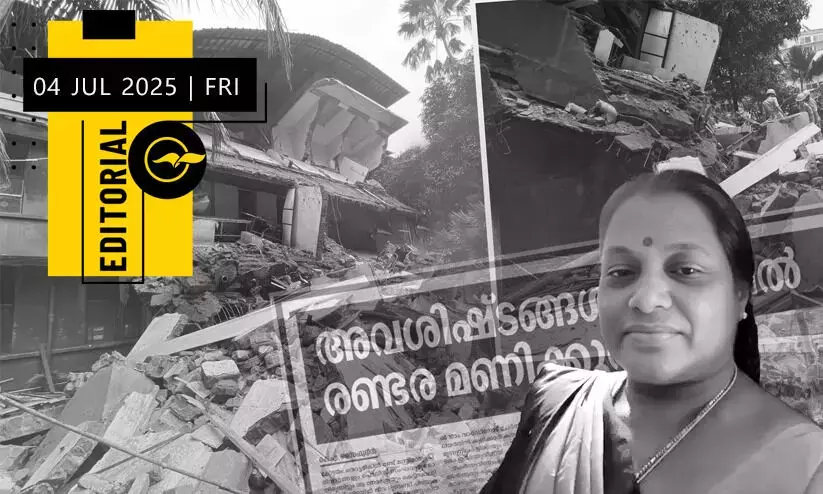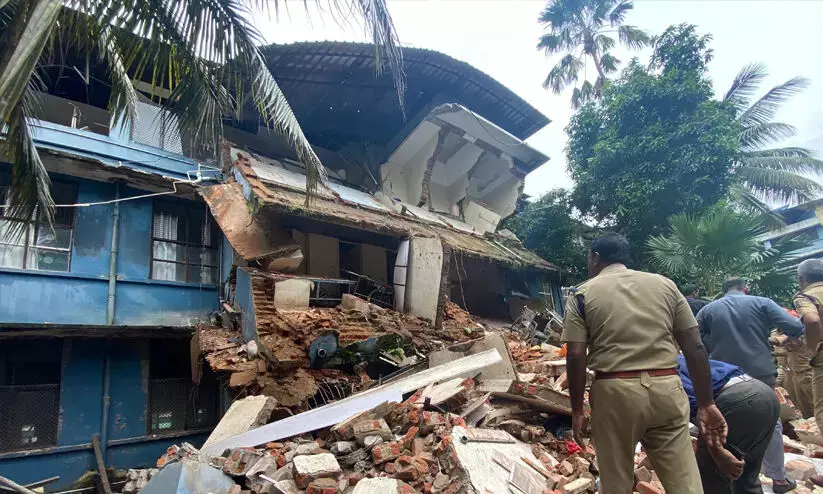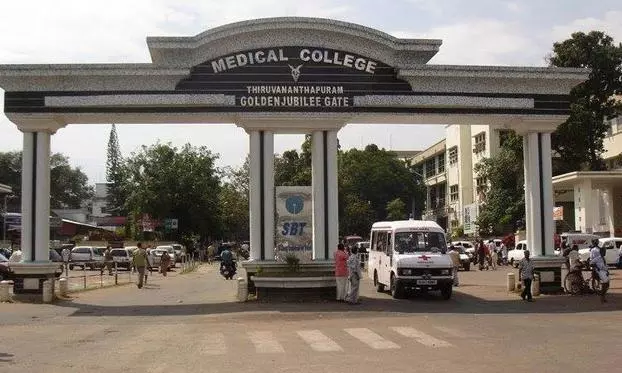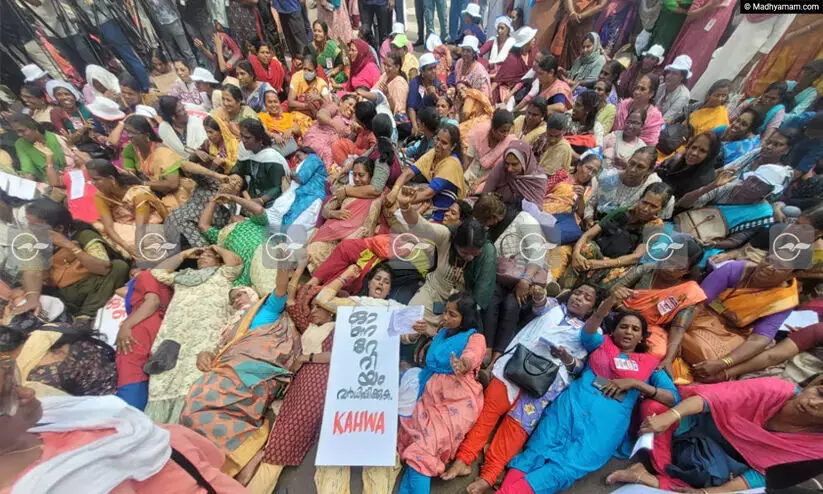
Can we still say Kerala's healthcare is superb?
text_fields“The doctor's remarks have ended up misrepresenting one of the best healthcare systems in India... If even a genuine concern is presented in a way that can be exploited by forces eager to portray Kerala in a negative light, it could lead to a misrepresentation of all the good work we are doing.” This was the response of honourable Chief Minister of Kerala regarding the media discussion that arose after a senior health worker highlighted some critical issues that urgently need to be addressed in the state's public health sector. As for the responses made by his colleagues in the Cabinet and the party, they were insinuations of such quality that they are not worth reproducing. Following the statements made by the leaders against the doctor who acted as a whistleblower and the media, the party’s cyber followers unleashed a barrage of abuse. And then it was in the midst of their exaggerated claims about Kerala’s progress in the health sector that a building collapsed at Kottayam Medical College Hospital. Bindu, a native of Thalayolaparambu, Kottayam, tragically lost her life in the incident. She had come to stand by with her daughter, who was undergoing treatment in the trauma care unit. An 11-year-old girl, who was a bystander accompanying her grandmother after surgery, was also injured in the collapse. According to Minister Vasavan, who is also the local representative there, and Health Minister Veena George, who arrived at the scene following the incident, the building that collapsed was an old, unused, and sealed structure. It was during a delayed search, after the ministers had visited the place, that the lifeless body of Bindu was found within the debris of the building that Minister Vasavan had claimed was unused and sealed. The three-storey building had wards, and toilets, and had housed hundreds of patients. A major disaster was averted purely by God's grace.
Exactly two months ago, a fire had broken out in the casualty of Kozhikode Medical College Hospital. Even today, the department has not resumed functioning. The cause of the frequent fires has not yet been identified. Ministers, MLAs, and others can often be seen sharing reels and social media posts describing the grandeur of newly constructed government hospital buildings. But why is it that they fail to notice the Medical College buildings that are leaking, on the verge of collapse, with broken pipes, outdated wiring, overflowing sewage tanks, and hundreds of patients waiting nearby for treatment? The problem is not just the lack of doctors, medicines, and equipment. The biggest challenge faced by Kerala's healthcare sector is that the government places little to no value on the lives of the people who seek treatment in public institutions. The same apathy is evident in the government's indifference toward the legitimate demands of ASHA workers, who constitute a crucial factor in the public health sector. It was only because Dr. Harris, Head of the Urology Department at Thiruvananthapuram Medical College Hospital, was willing to take the risk of making an open statement which he himself described as a “professional suicide”, that the necessary surgical equipment arrived at the hospital within days. If a similar situation arises in the future, will he or any other government doctor be willing to take such a risk again, to face backlash in the name of compassion for fellow human beings? There’s no certainty. The healthcare system of a welfare state should not become effective only when doctors speak out or the media raise the issue. A healthy life is a fundamental right of every individual.
When ministers, political leaders, or the wealthy fall ill, they can seek treatment in America or Europe. If not, they have private multi-specialty hospitals readily available to cater to their needs. But the situation is not the same for ordinary people, those living with the struggles of daily life. Their only choice is the public healthcare infrastructure, ranging from primary health centres and taluk hospitals to medical colleges. They ascend those steps with the hope of saving lives and enriching lives by approaching the hospitals that once made Kerala 'the best healthcare sector in India', as the Chief Minister said. It is natural for lives to be lost while battling illness. But deaths caused by negligence and indifference, those deaths that could have been prevented, cannot be viewed in the same light. In a sense, they are akin to acts of murder. This is a heartfelt plea: let us not turn our hospitals into death wards for the poor.















